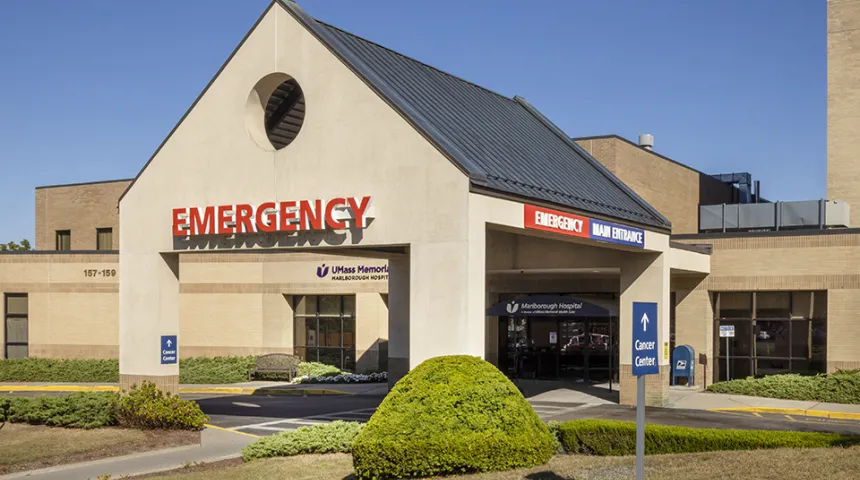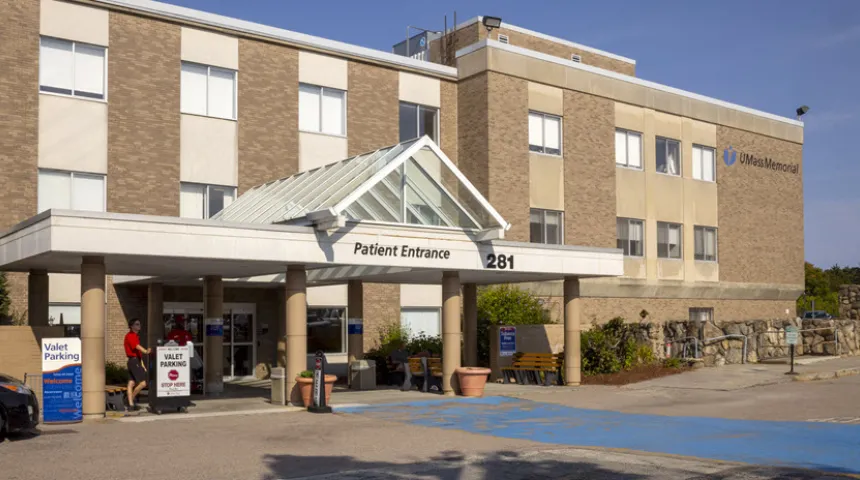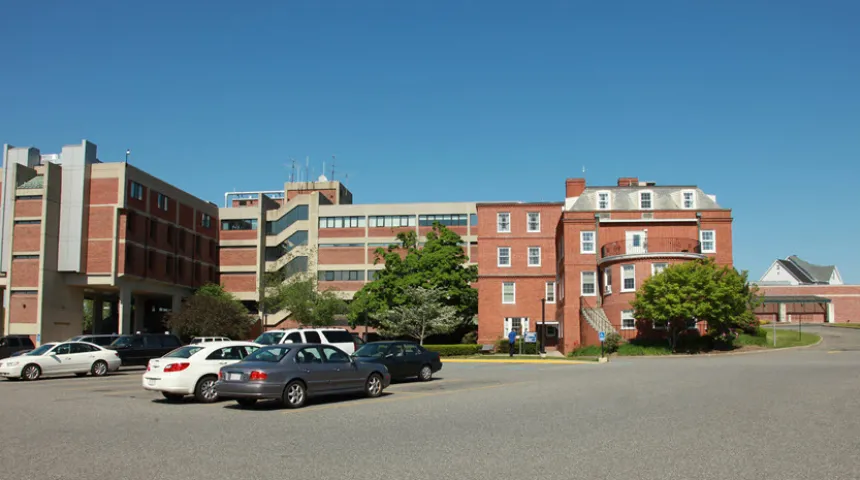Abdominal Interventional Radiology
Abdominal interventional radiologists perform sophisticated procedures that treat complex issues without surgery.
Abdominal Interventional Radiology Procedures We Offer
Abdominal interventional radiologists use CT or ultrasound imaging to guide procedures for exceptional accuracy.
You have access to a broad range of options that include:
- Aspiration uses a needle to drain excess fluid from a cyst or abscess.
- Biopsies involve taking a tissue sample so we can run additional testing in our labs.
- Chemical ablation destroys cysts and other masses by injecting them with a chemical such as alcohol.
- Cryoablation uses cold gas to destroy or damage diseased tissue.
- Pulsed Electric Field ablation uses radio waves to destroy cancerous solid tumors.
Virtual Colonoscopy
Colonoscopy is a procedure to check for precancerous or cancerous masses. Virtual colonoscopy is gentler on your body than traditional methods. It involves placing a small device inside your rectum (the last part of the colon near the anus), expanding it with carbon dioxide and examining the colon using a special CT scan.
You may be eligible for virtual colonoscopy if you have:
- No personal history of inflammatory bowel disease (Crohn’s disease, ulcerative colitis) or colorectal cancer
- A colon that’s free of damage, scar tissue and narrowing
- Medical conditions that prevent you from being sedated for a traditional colonoscopy
Talk to your provider to find out if virtual colonoscopy is right for you.
Why Choose Us for Abdominal Interventional Radiology?
Exceptional Care
UMass Memorial is the only program in Central Massachusetts offering abdominal interventional radiology procedures. Our team has a depth of experience and uses the latest research-based methods. We often use a dual-source CT scanner that doubles the speed of your procedure while using less radiation and providing clear images.
Multispecialty Approach
We work closely with primary care providers and other referring physicians to ensure a seamless experience. Abdominal interventional radiologists also collaborate with other specialists you are seeing to tailor services for complex conditions. We often work alongside experts in gastrointestinal cancer, digestive disorders, pain management and more.
Leadership
In partnership with UMass Chan Medical School, we are training the next generation of abdominal interventional radiologists through a residency program. Residents also participate in research, so you receive services reflecting the latest science in abdominal interventional procedures.
Our Radiology Locations

UMass Memorial Medical Center - Marlborough Campus
157 Union Street,
Marlborough, MA 01752

UMass Memorial Medical Center - University Campus
55 Lake Avenue North,
Worcester, MA 01655

UMass Memorial Medical Center - Memorial Campus
119 Belmont Street,
Worcester, MA 01605

UMass Memorial Medical Center - Hahnemann Campus
281 Lincoln Street,
Worcester, MA 01605

Harrington Hospital - Webster Campus
340 Thompson Road,
Webster, MA 01570

Harrington Hospital - Southbridge Campus
100 South Street,
Southbridge, MA 01550
Refer a Patient
UMass Memorial providers can place orders or refer patients through EPIC. Community providers can receive assistance through Physician Concierge Services (PCS). You can also reach PCS by calling 800-431-5151 or emailing pcs@umassmemorial.org.
Get Started
Patients can call 855-UMASS-MD (855-862-7763) to schedule an abdominal interventional radiology procedure.
